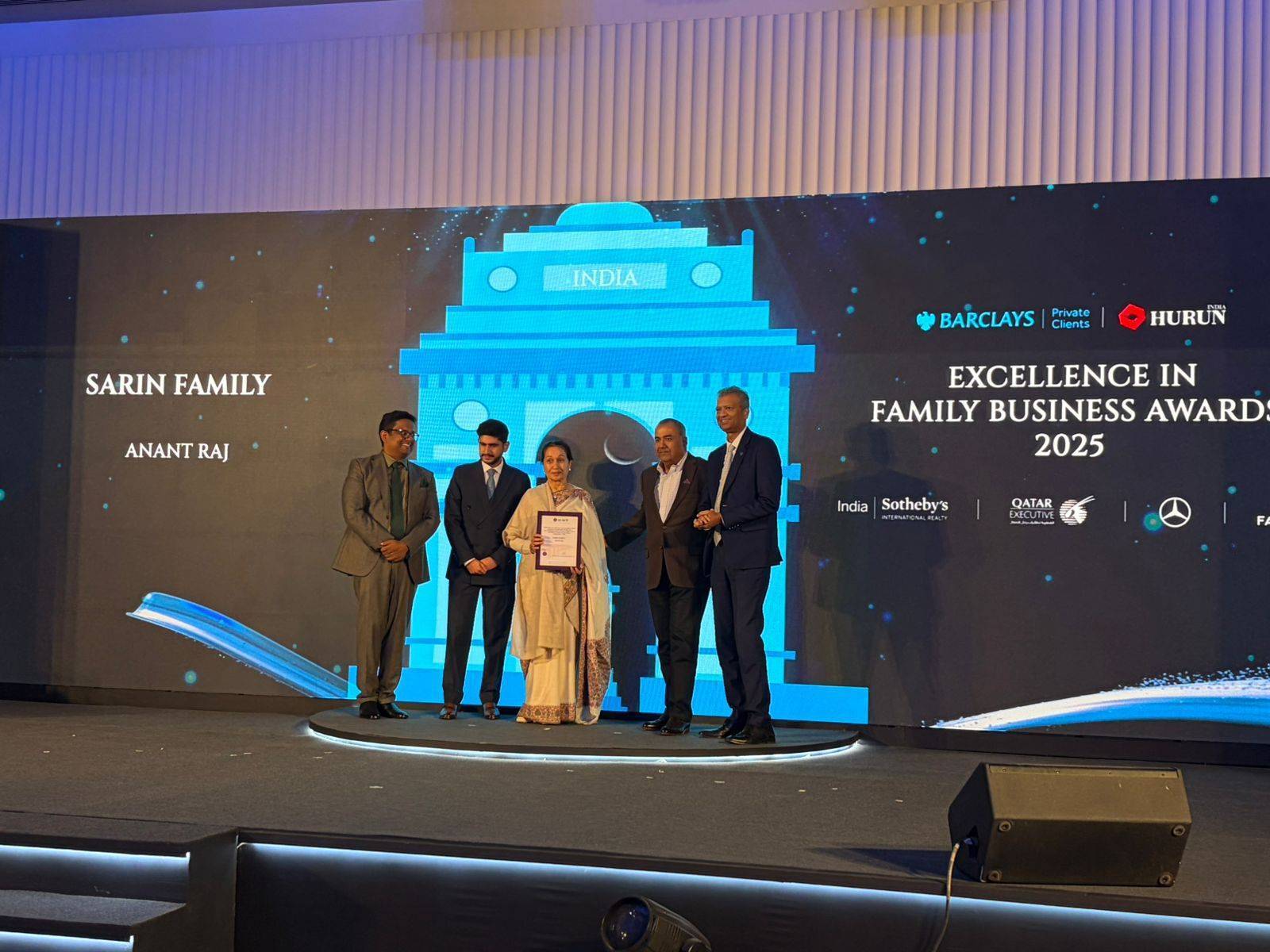Urvashi Rautela has rented a 3600 sq ft apartment in Mumbai’s Vile Parle (West) locality for ₹6 lakh per month. The agreement, registered on December 16, 2024, is for a short-term lease of three months, covering the period from January to March 2025, as per documents accessed by IndexTap showed.
The apartment is part of The New India CHS, JVPD, and features a 3BHK layout with two reserved open car parking spaces. According to the rental documents, Rautela took the apartment for her personal use and that of her immediate family. She has also paid an interest-free security deposit of ₹19.50 lakh as part of the agreement.
Short-term rental agreements like this are common in Mumbai, particularly for premium apartments. Such leases, often ranging from three to six months, typically cost more than standard 11-month agreements. The higher costs are attributed to the flexibility they offer, which is particularly valuable for individuals with temporary accommodation needs. In this case, the three-month duration reflects a specific requirement on the part of the actor, as noted in the lease documentation.
The rental market in Mumbai has seen several similar transactions involving Bollywood celebrities. Shraddha Kapoor recently rented a luxury apartment in Juhu for ₹6 lakh per month. Filmmaker Karan Johar leased a property in Pali Hill for ₹8 lakh per month, while actor Imran Khan and his partner Lekha Washington signed a three-year lease for a Bandra apartment at ₹9 lakh per month. Such high-value rentals demonstrate the demand for premium properties in Mumbai, even for short durations.
Many Bollywood actors and other high-profile individuals prefer renting over buying, despite having the financial capacity to purchase property. Real estate experts point out that this trend is often driven by practical reasons rather than financial constraints. Renting provides flexibility, allowing individuals to move as needed without being tied down to one location. This is especially important in a city like Mumbai, where specific preferences such as sea-facing apartments or proximity to work are key considerations. Often, the kind of property a person desires may not be available for sale, making renting the next best option.
The financial aspect of renting versus buying also plays a significant role. Renting is often seen as more economical in the short term, particularly for those who want to avoid locking up large amounts of capital. Buying a property involves substantial upfront costs, including down payments, registration fees, and other expenses. If a home loan is involved, the cost of ownership rises further due to interest payments. In contrast, renting requires a relatively lower financial commitment. Real estate analysts estimate that renting costs about 2-3% of the property’s market value annually, which is considerably lower than the returns expected from parking capital in property purchases.
Market trends have also influenced the preference for renting. Over the past decade, property price appreciation in Mumbai has been modest, reducing the incentive to invest in real estate. Historically, Indian households have allocated a significant portion of their wealth—up to 50%—to real estate. However, the lack of strong price growth has made this less appealing. For young professionals and families, renting allows them to allocate their resources to other priorities while maintaining flexibility in their housing choices.
Urvashi Rautela’s decision to rent a property on a short-term lease highlights these trends. It reflects the growing acceptance of renting as a practical solution for specific housing needs. High-profile rentals like hers show that even in the luxury segment, convenience and flexibility often outweigh the traditional preference for ownership. These choices are not limited to celebrities. Increasingly, young professionals across India are also opting for rentals over purchases, driven by similar factors such as mobility, lower upfront costs, and market dynamics.
In Mumbai, where the cost of living is high and property prices remain among the highest in the country, renting remains an attractive option for many. Short-term rentals like Rautela’s cater to those who need temporary housing without the long-term commitments of buying or standard leases.
While her agreement is for three months, such arrangements are also popular among individuals seeking housing for business projects, temporary relocations, or specific family needs. The trend of short-term leases and premium rentals is likely to grow as more individuals prioritize convenience and financial flexibility.









.png)